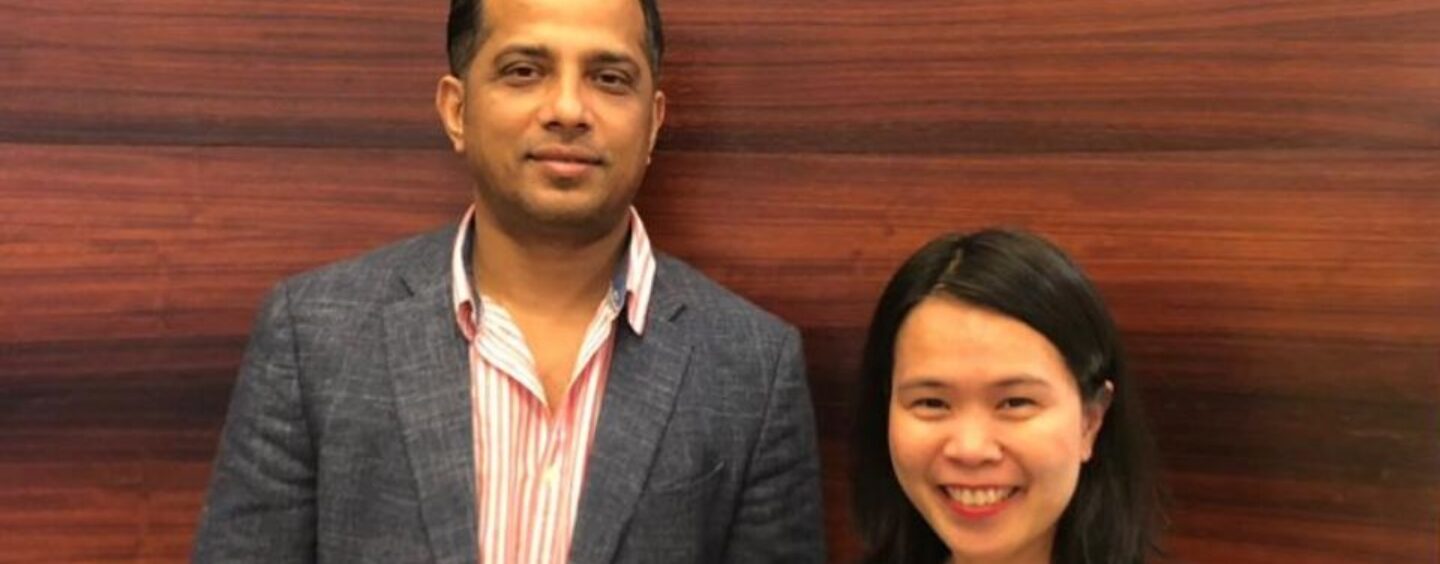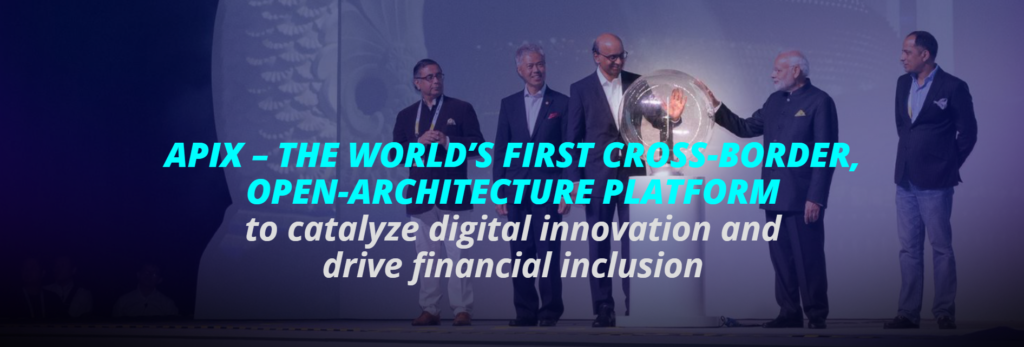
MAS’ Chief Fintech Officer on Making Singapore a World Leader in Digital Banking
by Fintech News Singapore August 29, 2019Over the past couple of years, Singapore has emerged as one of the fintech’s top hotspots in the world. Today, the city state is home to 43% of all fintech companies in Southeast Asia: that’s about 750+ organizations.
Since being appointed chief fintech officer at the Monetary Authority of Singapore (MAS) in 2015, Sopnendu Mohanty has put a particular focus on three key areas: helping financial institutions embrace and adopt digital and technology, enabling fintechs to grow and ink partnerships with banks, and ensuring that the existing talent pool is “re-trained, re-skilled and re-purposed” to meet demand in the new digital economy, he told BFM Breakfast Grille’s Noelle Lim in a recent conversation.
Mohanty cited several major initiatives undertaken by MAS to support fintech development and enable greater collaboration between incumbents and fintechs, including the introduction of the MAS Financial Industry API Register to facilitate API adoption, guidelines on cloud services and electronic know-your-customer (eKYC) technology, as well as the launch of public infrastructures to help banks in their digital journey.
In particular, Mohanty mentioned the API Exchange (APIX) initiative, launched in November 2018 by India’s prime minister Narendra Modi and Singapore’s deputy prime minister Tharman Shanmugaratnam.
APIX, an initiative of the not-for-profit ASEAN Financial Innovation Network (AFIN), intends to be a global, open-architecture platform that supports financial innovation and inclusion in ASEAN and around the world.
A global consortium led by Virtusa – which includes Deloitte, Percipient, and Fidor – was selected by AFIN to develop, implement and operate the APIX platform.

Screenshot from : https://www.virtusa.com/lp/apix/
“APIX allows fintechs to put their products on the platform, get banks to test the products online, on the cloud. At the same time, banks can publish their data set and can experiment together on the platform at a fraction of the cost, in a much simpler way,” he explained.
“We are solving in this process the first steps of innovation which is discover, design, and deploy; the proof-of-concept, the pilot of [the services/products] you want to use for your business transformation.”
There are currently more than a hundred fintechs, and 60+ banks from around the world participating in the trial. The production launch of APIX went out last month, Mohanty said in the BFM interview.
“We are in the process of onboarding in a more formal way the banks and fintechs. We hope by mid-November [to be able] to onboard 100 banks and a thousand fintechs,” he said.
“We hope in two years’ time, [APIX will become] the global platform where every jurisdiction participant will be participating, collaborating, testing … It is a collaborative platform from various ecosystems, thanks to donors who are helping to keep the platform.”
Mohanty said MAS is currently experimenting a new model that’s scheduled to be implemented into APIX by the first quarter of next year.
“We don’t know whether that will be used as a rating but we are looking at a score which would define, kind of benchmark, which ones are the good fintechs,” Mohanty said.
All these initiatives put together have enabled Singapore’s financial institutions to become world leaders in digital banking.

“When you bring all these together, all our local banks have huge advantages with these platforms,” he said. “Today, they can be compared to the best digital banks around the world in terms of adoption of technology, user technology, upgrading their talent, and the ability to use public infrastructure efficiently.”
On the regulatory front, Mohanty said MAS’ recently unveiled virtual banking licenses were “designed to facilitate branchless banking.”
“From a regulatory perspective, [there’s] not much difference [with a regular banking license] … But what it allows is conduct ‘presenceless’ banking. It allows for the opportunity to introduce remote banking.”
The new Payment Services Bill will be effective in November and is set to modernize the whole payment landscape and bring a lot of fintech companies under MAS’ supervision, he said.
But one particularity of the Singapore fintech industry, Mohanty said, is the dominant number of B2B, tech providers, which do not necessarily offer regulated services but rather provide the technology for regulated entities like banks to serve their customers.
“Singapore is home to large B2B fintechs. They don’t need necessarily to be regulated. They are a tech companies that focus on financial services. They’re tech-fin,” Mohanty explained. “So because of the large, dominant B2B nature of Singapore’s fintechs, they (can) operate in several markets as tech providers. If they are fintechs and offering licensed activities, of course they will have to work with a lot of regulators and ensure that they comply with regulations, [in the event that they decide to expand to other Southeast Asian countries.]”
As for his predictions for the future of banking, Mohanty said he expects more banks to adopt the platform mindset, offer a wider range of digital services, and onboard more and more customers remotely.
He added that while today, bigtechs might appear as the biggest threat to the traditional financial services industry, these will likely end up acting as tech providers, delivering the platforms and engine for financial companies and banks to service their customers, rather than pursuing the role of banks themselves.
“There might be a few of them that might be looking for a banking license but most of them will be in the business of helping a regulated entity to do banking,” Mohanty said.
Featured image credit: BFM Podcast







